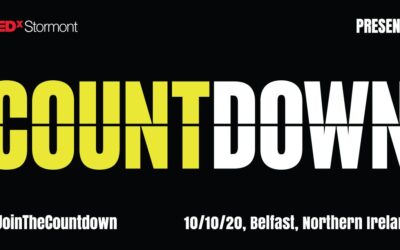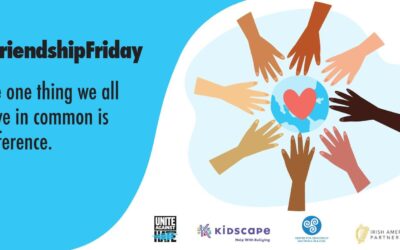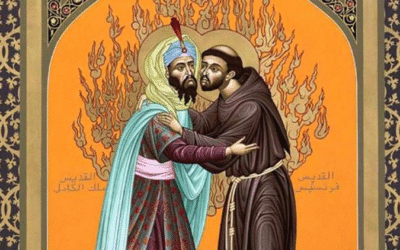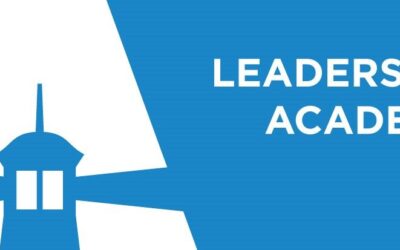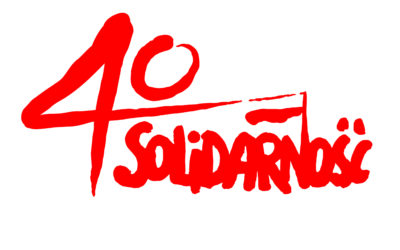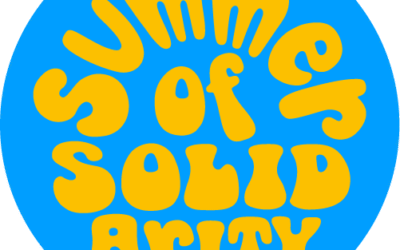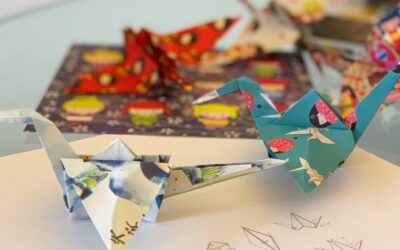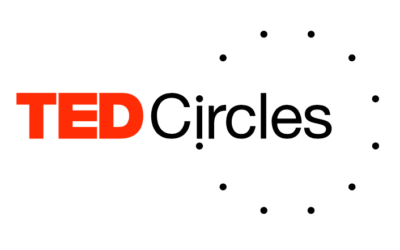Countdown is a global initiative to champion and accelerate solutions to the climate crisis, turning ideas into action. The ongoing health and economic crises are reminding us of an important fact: we are all part of the same fragile system, dependent on nature and...
Posts from category:

TED Countdown
Countdown is a global initiative to champion and accelerate solutions to the climate crisis, turning ideas into action. The ongoing health and economic crises are reminding us of an important fact: we are all part of the same fragile system, dependent on nature and...
Unite Against Hate website re-launched
To mark UN World Children’s Day and Anti-Bullying Week we are delighted to re-launch our Unite Against Hate website and to share a series of new Friendship Friday resources developed by Kidscape. The world is becoming increasingly divided. Religion, race and gender...
Re-thinking Solidarity: love, compassion and mercy
By Natasha Oviedo While studying historical and contemporary conflicts, it is not uncommon for religion to be brought up as an inevitable source of division and oppression. This reductive perception of the role of religion in conflict and oppression was challenged...
Leadership Academy: Ethnic Minority Leaders
A unique opportunity for 15 leaders from the ethnic minority backgrounds in Northern Ireland to broaden their skills, knowledge and expertise to help to address variety of challenges, including racial equality, the impact of the COVID-19 pandemic, and the UK exit from...
Solidarity 40
To mark 40th anniversary of foundation of the Polish Independent Self-Governing Trade Union “Solidarnosc” in September 1980 we are launching Solidarity 40 – a series of lectures, seminars and publications. Solidarity 40 will bring together academics, historians,...
TEDxStormont Virtual Summer Camp
Since 2013, TEDxStormont hosted events on the theme of “Imagine” – we were looking forward and imagining the kind of future we could have together as a society in Northern Ireland and beyond. This year the Imagine theme could not be more relevant. The future has never...
Summer of Solidarity
The Centre for Democracy and Peace Building is delighted to partner with and support “Summer of Solidarity”. This summer in Europe will be like no other. Across our contrasted continent, within our societies and also as individuals, we are experiencing something new...
One Thousand Paper Cranes launches online resources
‘One Thousand Paper Cranes’ launched its online toolkit, including a video message of peace and hope from young people in Hiroshima, story of Sadako Sasaki and instructions on how to fold the origami crane. The project developed by the Centre for Democracy and Peace...
TEDxStormont: TED Circles April 2020
In April, TEDxStormont will host a special online TED Circles programme themed around COVID 19, changing world and your well-being. The ZOOM webinars will take place each Monday afternoon at 4pm (BST) and will be co-hosted by Lord Alderdice and special guests. Please...
